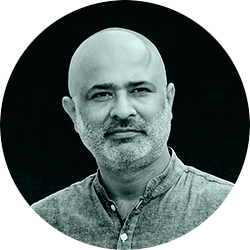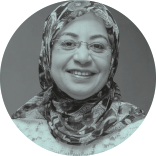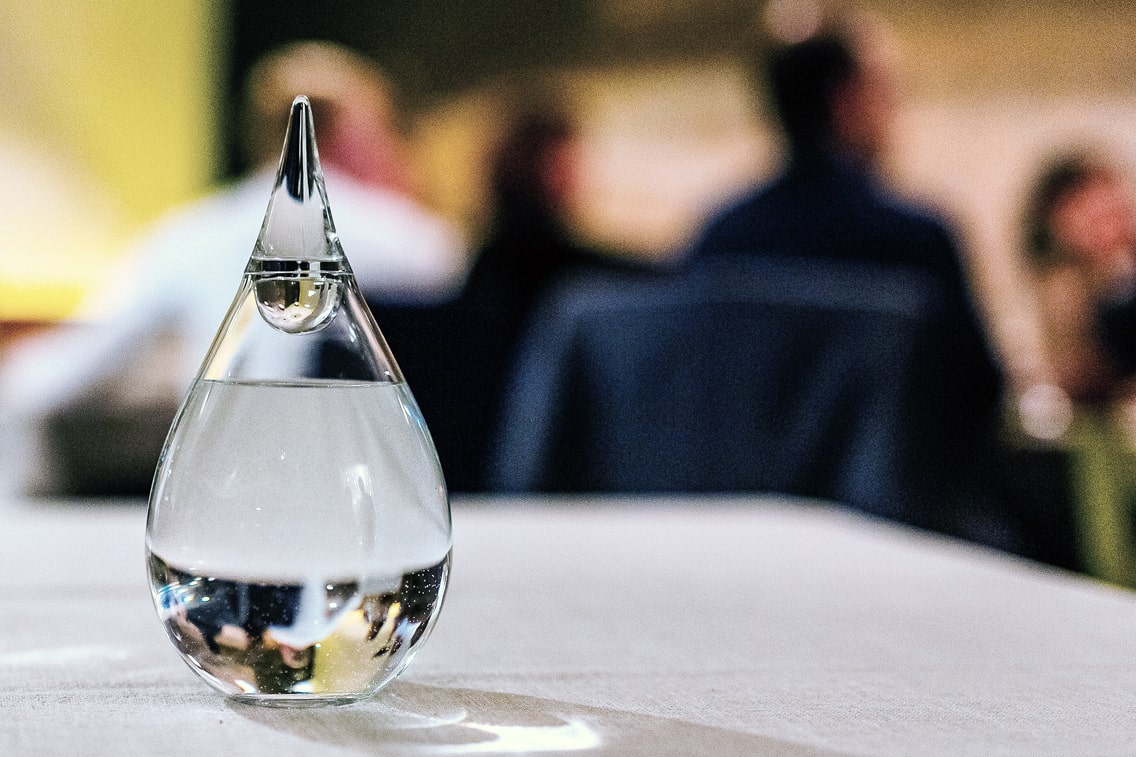Labs
Regional Lab: Water Diplomacy 4.0 – Process Matters
Incubator Lab: June, 14 to 16, 2022 in Berlin, Germany (hybrid format)
Impact Lab: August, 24 to 27, 2022 in Ljubljana, Slovenia
Organised by GDL member Kathryn Bryk Friedman and Co-Host Elsa Marie D’Silva, the Lab “Water Diplomacy 4.0: Process Matters” in Berlin and Ljubljana faced the challenge of providing adequate fresh water resources for people and ecosystems in the 21st century.
Conflicts and tensions over this natural resource are the norm, especially in transboundary water systems (TBWS). Cooperation and problem-solving are integral, as by nature of TBWS, every process, policy, decision and action must be approved by at least two different national, subnational and local systems. Each of these systems has different priorities, resources, legislation, politics, etc., making the process very complex. Oftentimes, power politics at the (sub-)national level overshadow any existing technical water expertise in TBWS. That is why the processes in Water Diplomacy need to be adapted to a multi-stakeholder environment.
The GDL hosted an Incubator Lab in Berlin from 14 to 16 June 2022 that focused on storytelling and training. Participants were exposed to a myriad of diplomacy tools, including a very effective participatory process tool – scenario analysis. Scenario analysis is not about making predictions, but about empowering participants, building relationships, and creating alternative stories about the future that are possible to achieve.
Four key assumptions were agreed upon by the participants in order to design the toolkit:
- Driving assumption No. 1: Life is as we know it, because of water.
- Driving assumption No. 2: The voices of local stakeholders and rights-holders on the ground and in the trenches are important for managing transboundary water challenges.
- Driving assumption No. 3: Process matters, i.e., diplomatic processes must incorporate these perspectives if we are to move the needle on these challenges.
- Driving assumption No. 4: We have to know where we are, in order to know where we are going and how to get there
In looking at five challenge areas, the participants agreed upon two axes of change. These axes did not preclude other factors but were the ones that the participants felt had the greatest potential to affect the processes.
Axis 1 was defined as the human capacity to affect positive change. This was particularly important for our driving assumption 2, which is that local stakeholders are important, and their voices and experiences must be incorporated to create sustainable solutions. It is also central to the idea of Diplomacy 4.0, in which opening diplomacy to wider participation leads to better, and more durable, outcomes.
Axis 2 was defined as geopolitics. While this is a broad term that encompasses a wide range of actions, in this exercise it was defined quite narrowly in terms of conflict or cooperation between the parties involved in water management.
The group defined three different stages of geopolitics that would be analytically useful: Armed conflict, “grey zone activities” and cooperation.
GDL Members Attending This Lab













